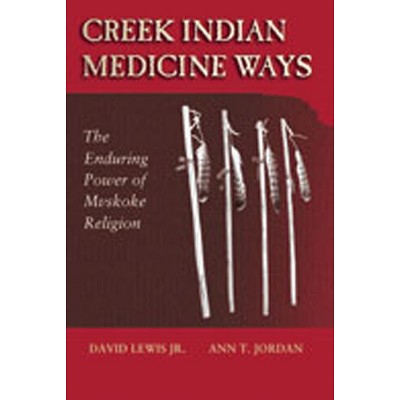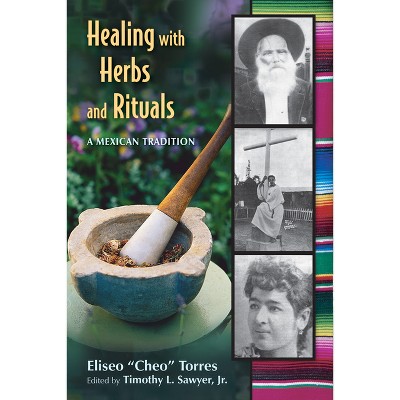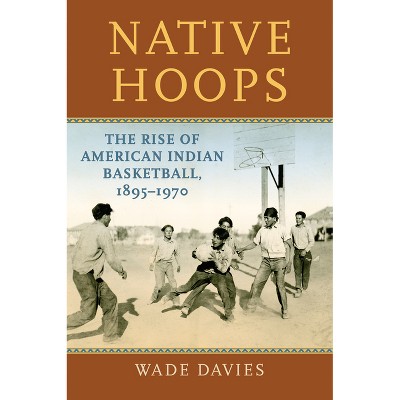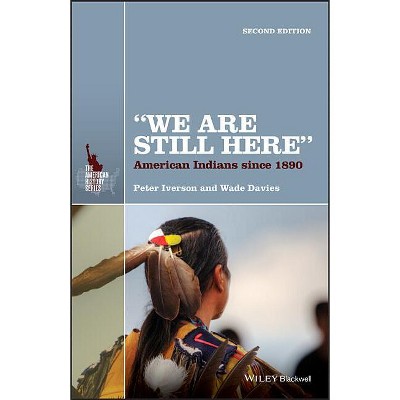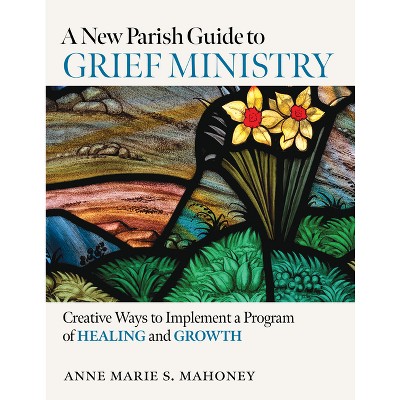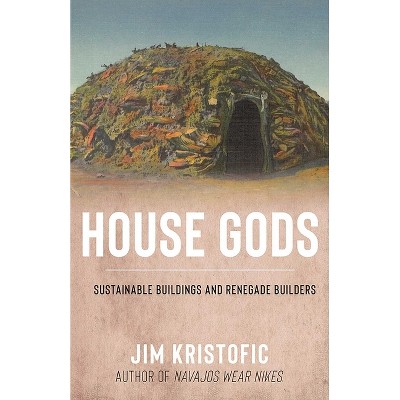About this item
Highlights
- Since the end of World War II, Navajo healing traditions have slowly been integrated into the Western medical institutions that serve the Diné.
- Author(s): Wade Davies
- 264 Pages
- Medical, History
Description
About the Book
Chronicles the advent of so-called "western" or "scientific" medicine in the modern era, and how Navajos adapted, but did not compromise their traditional healings ways.Book Synopsis
Since the end of World War II, Navajo healing traditions have slowly been integrated into the Western medical institutions that serve the Diné. The history of Western medical care on Navajo reservations in the twentieth century, however, demonstrates that the incorporation of indigenous healing practices did not come without struggle. The advent of American mass culture, urbanization, and other forces made it difficult for young Diné to learn and preserve the old ways. At the same time, non-Native medical providers, missionaries, and U. S. government officials sometimes hindered the effort of the Diné to use traditional ceremonies and medical care.
Focusing on the post-World War II period, Davies's detailed study begins where Robert Trennert's White Man's Medicine (1998), the only other general history of Western medicine among the Navajo, ends. Chronicling the advent of so-called "western" or "scientific" medicine in the modern era, including the development of indigenous healing traditions and such new institutions as the Native American Church, Davies shows the skill and adaptability of Diné in accepting the services of physicians while keeping the work of traditional healers among their health-care options. Davies also explores contemporaneous Navajo critiques of both "high-tech" and traditional health-care modes, detailing Navajo battles to integrate their healing practices into government and private health-care systems.
The will of the Diné people to achieve self-determination in health care--and, indeed, to view health and healing in a broad and interactive context--has been so resolute that both tribal leadership and federal officials have been forced to acknowledge and contend with the Diné insistence on shaping Western medicine to fit their way of life. "The Diné," one of Davies' informants states, "are learning to function in two different worlds," and, in so doing, are intent on seeking the best of both.
Review Quotes
"This book provides an important overview of the last one hundred years of Navajo government interaction in the field of health. It is detailed and straightforward. . . . We need texts like this to provide entry points to further analysis. Davies paints, in broad strokes, the contours of one nation's interaction with medicine as a colonizing and, potentially, decolonizing force."
"Davies deserves high marks for this study. He is well grounded in the secondary literature and primary sources. He organizes his material skillfully and writes with clarity, focus, and nuance."







